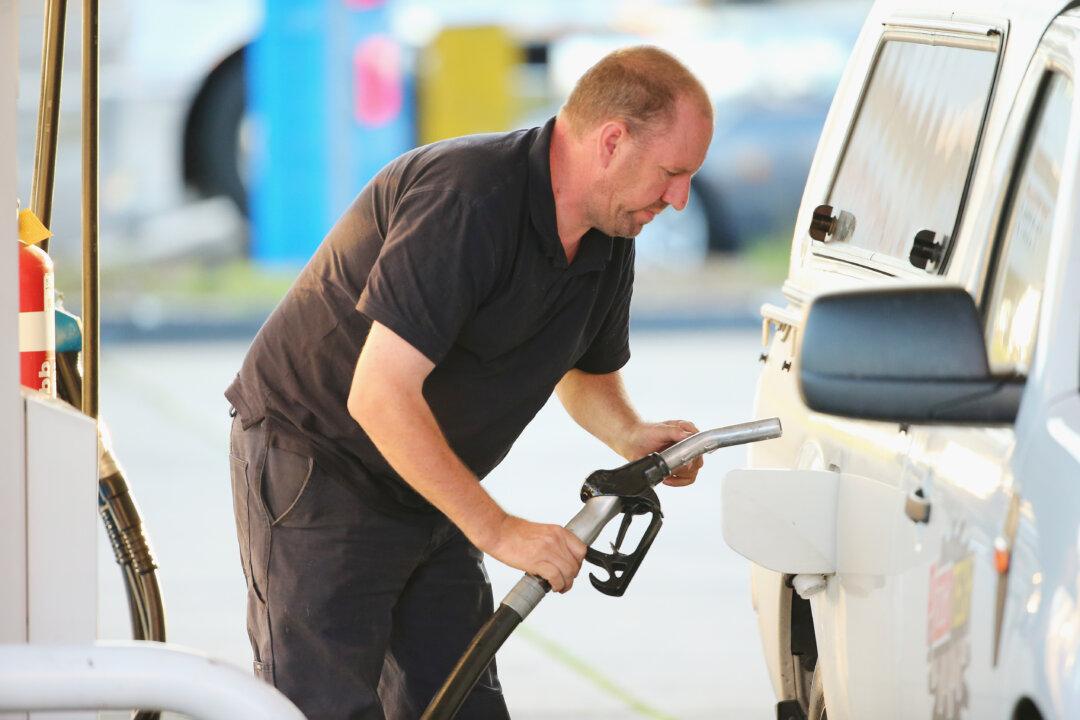Petrol prices in Australia surged to record highs in the week ending March 20 as the ongoing Russia-Ukraine war kept global oil prices at high levels.
According to the Australian Institute of Petroleum, the national weekly average for retail petrol prices rose sharply by 14.9 percent to $2.12 a litre (US$5.94 a gallon) during the period.





